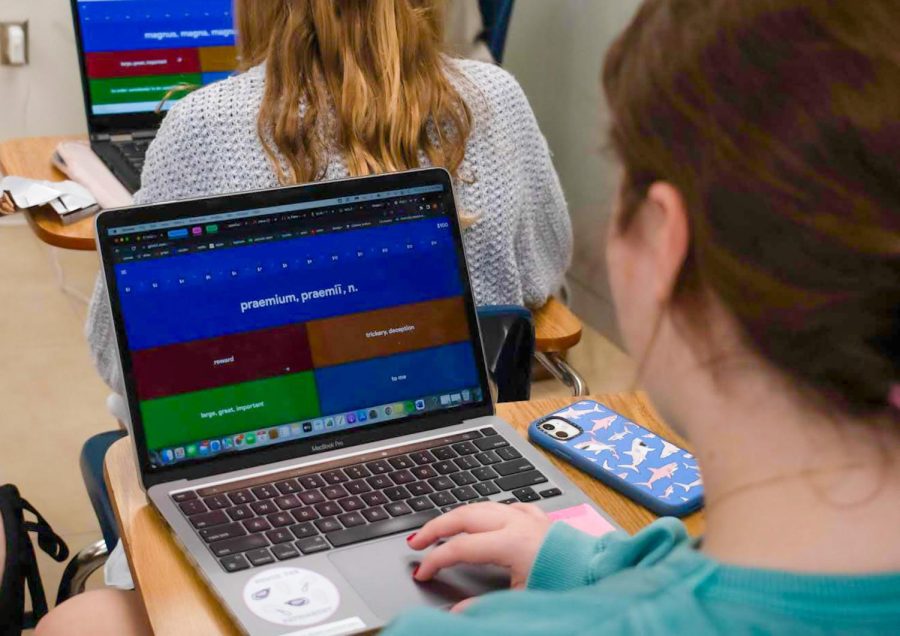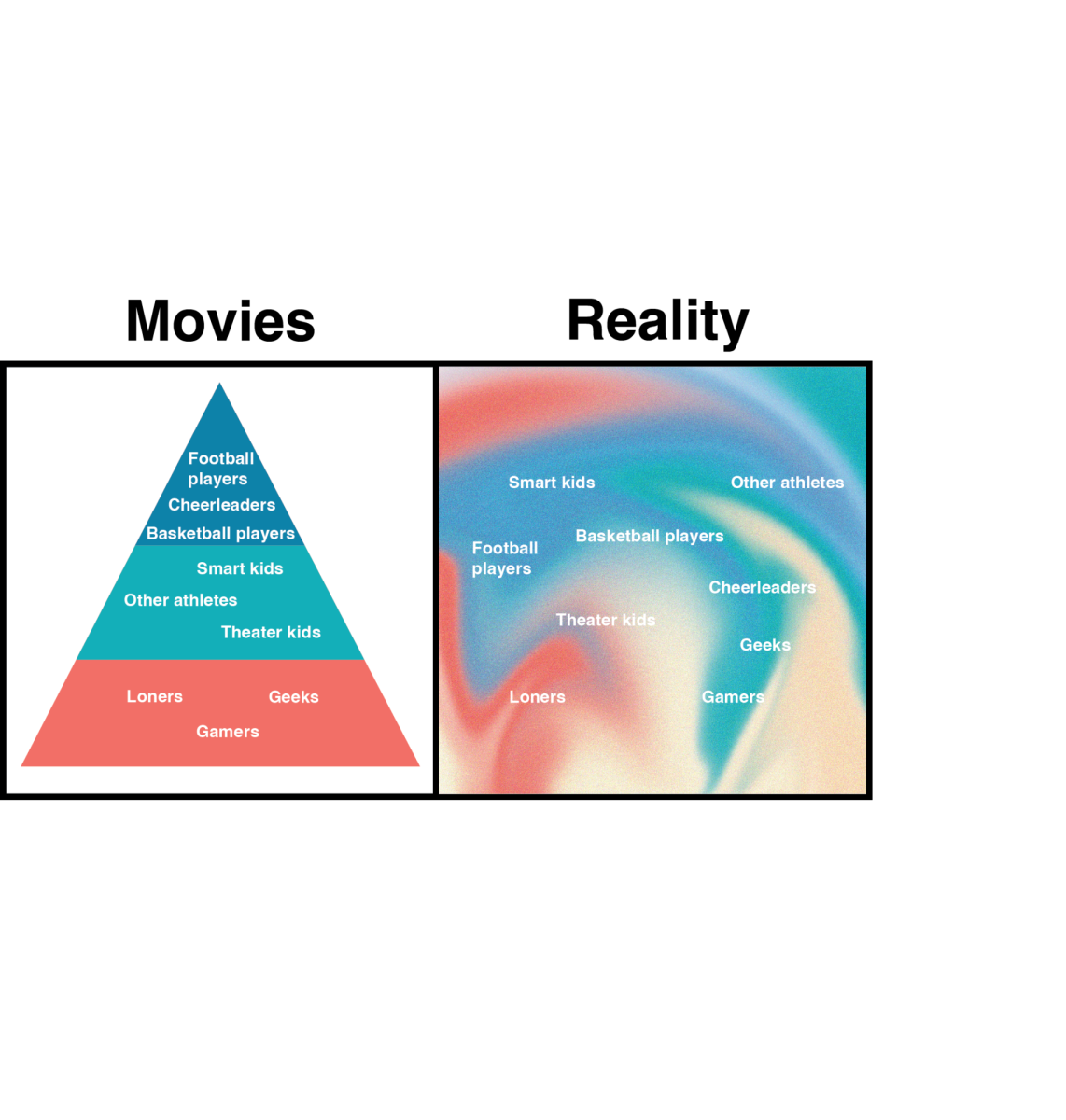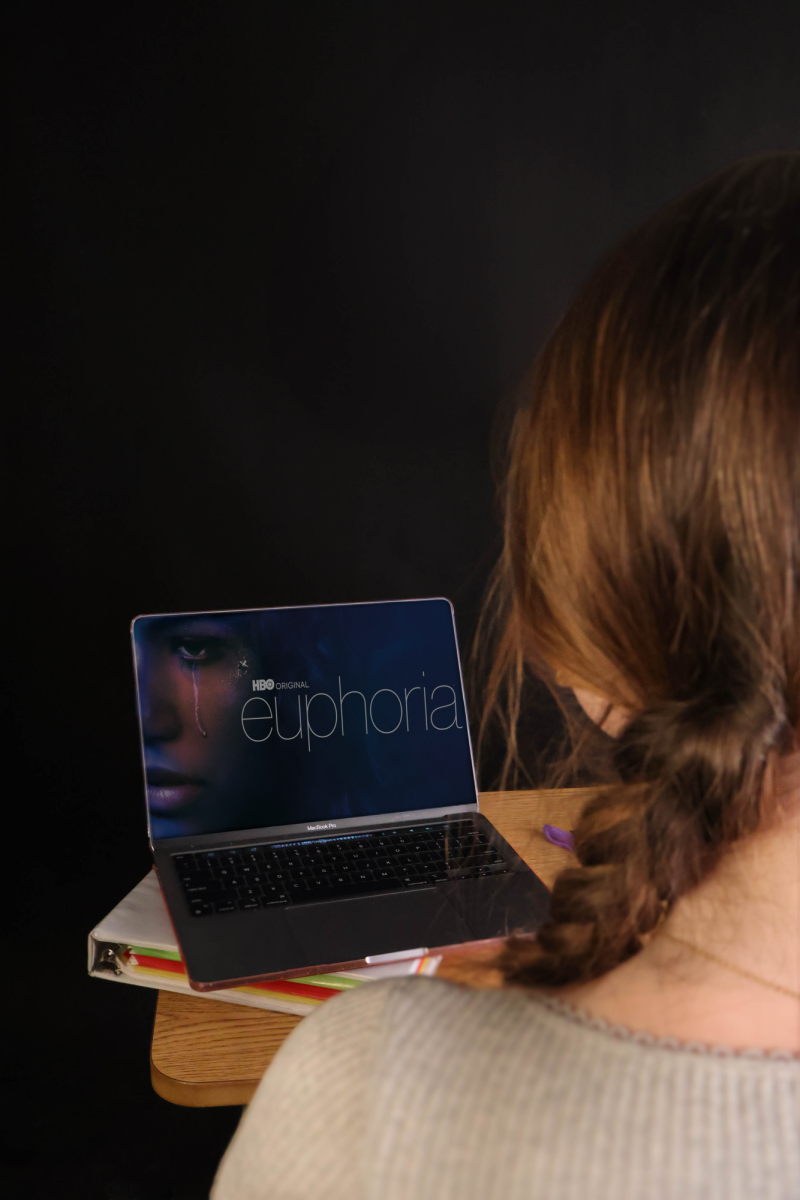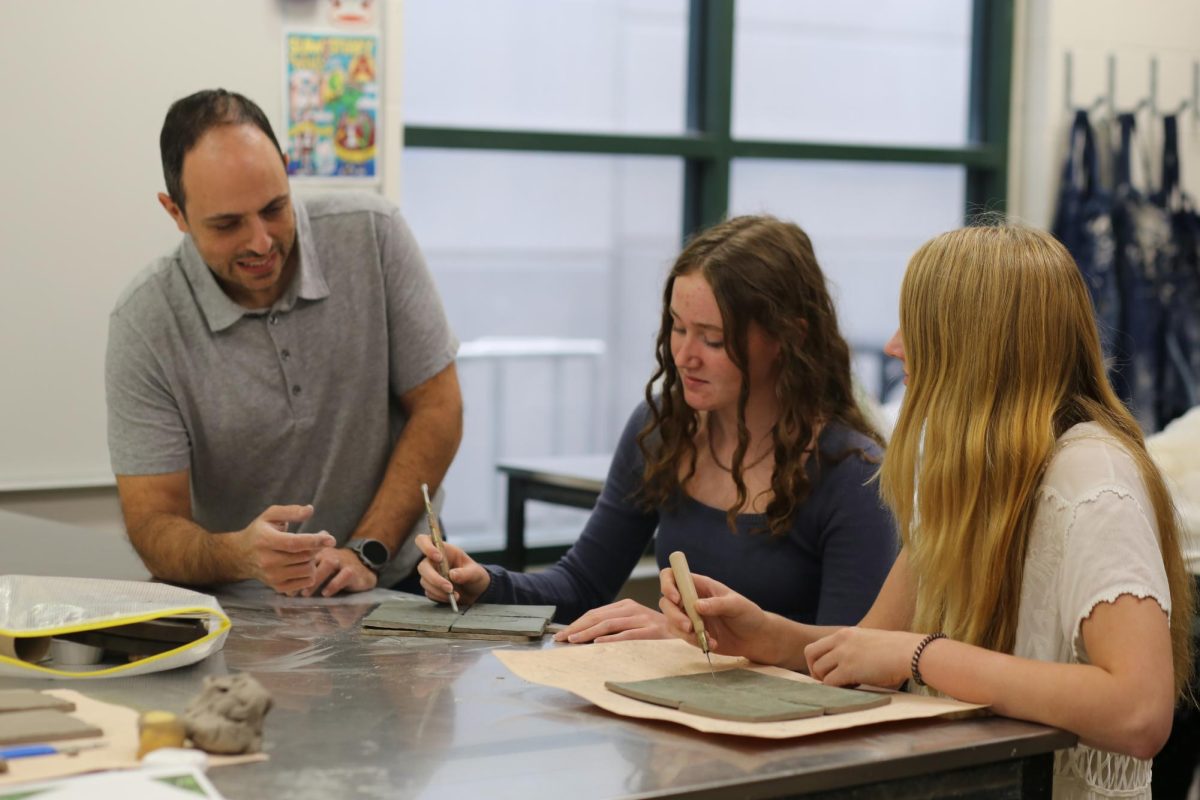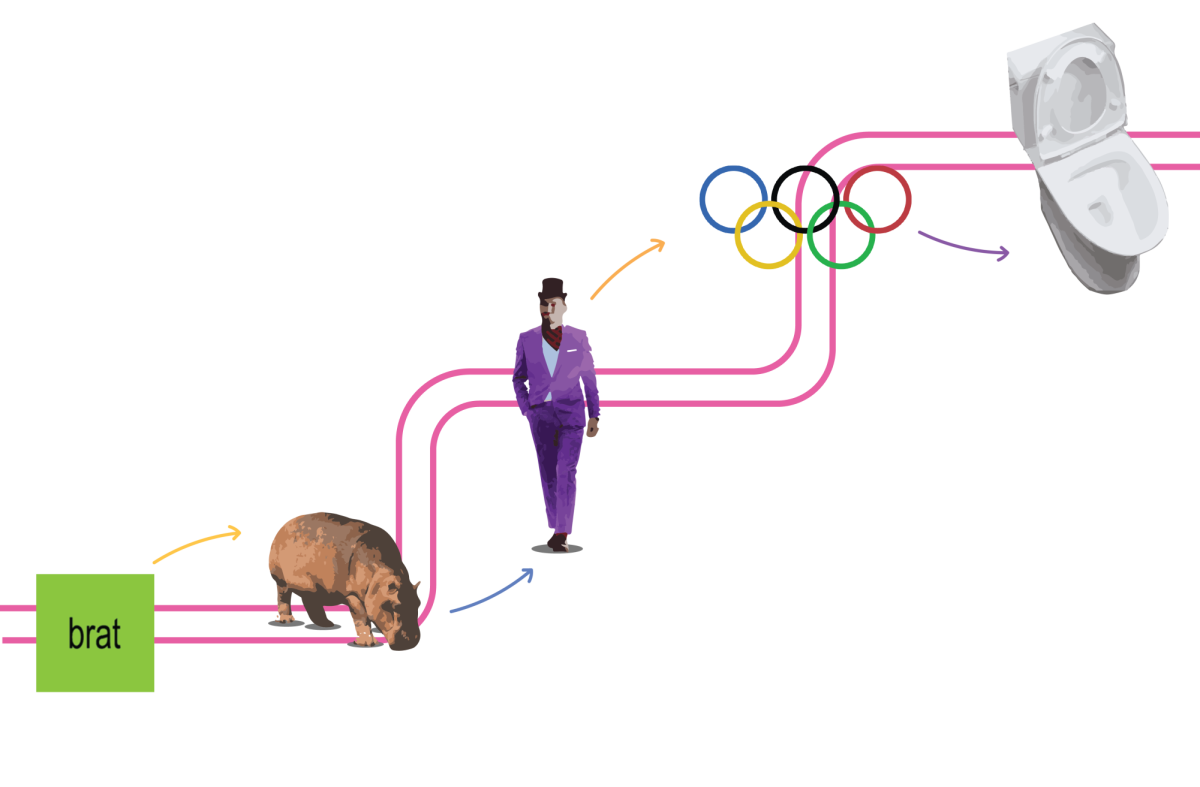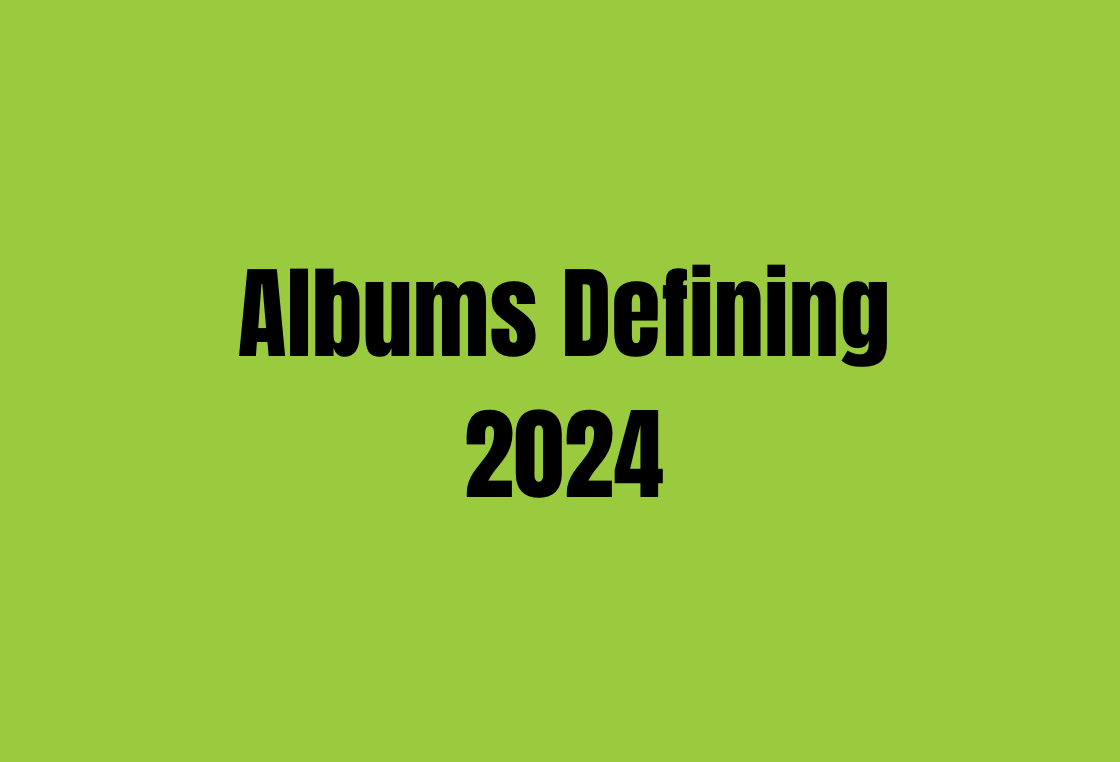Latin teacher Kyle McGimsey logs into his Blooket account and creates a game to introduce a new set of vocabulary. His students, weary from taking notes on the 25th Caesar translation this month, light up when they hear the Blooket theme song.
“It’s a change in energy,” McGimsey said. “We know that sometimes taking notes is necessary, but that’s not always super high energy. So changing the energy of a class is great. And those game-based kind of platforms can help you do that.”
More teachers are incorporating game-based learning into their classrooms with platforms like Blooket, Kahoot and GimKit. Created over the last decade, these games have gained much attention from teachers. According to former educational content writer Ryan Juraschka, 74% of teachers used digital game-based learning to enhance their lessons in 2019.
With the rise of online learning, game-based learning will continue to increase in classrooms. According to Technavio, a data research company, the K-12 game-Based Learning market had an 18.4% growth in 2021 and will be at a compound annual growth rate of 20.63% by 2025.
“The ease with which you can access a pack of material to then do a game with has increased, which I think makes it less daunting and easier to just say ‘hey, let’s pull up a Kahoot, let’s pull up a Blooket,’” McGimsey said.
Along with the easy access, students enjoy game-based learning because it is familiar and fun as it is a source of entertainment outside of school.
“It’s something that they’re comfortable with. So, therefore, it’s a positive tool, most of the time in the classroom,” english teacher Ann Skippers said.
Besides familiarity, teachers also use game-based learning because of the games’ many components that make it both educational and fun.
“It encourages them to learn because it’s not just writing stuff down, they get to play, they get to compete against each other,” science teacher Carrie Lopez said. “It gets them excited. It makes the class go by fast.”
Many students can solidify concepts better through the games’ element of competition because of their drive to get the questions right and beat their peers.
“It actually gets stuck in your brain because you want to win,” seventh grader Paxton Ruess said.
For students who might not be so inclined to compete with each other, there are a variety of games like Blooket Monster Brawl and Blooket Tower Defense that do not heavily focus on the result but on the process itself. McGimsey believes that these games allow students to focus on themselves and their process without having to see how others are doing. The diversity in these games allows all students to have fun and learn concepts.
As much as it is enjoyable and engaging, Learning Specialist Dana Miller believes that engagement does not mean understanding the concept at hand.
“I firmly believe that learning is more beneficial when it’s engaging with human connection,” Miller said. “So I feel that if it’s an online format teaching content, there’s no way for the system to really interact with students to be able to tell what they’re really learning. It’s kind of easy to just sit in front of a screen and click, but you don’t really know if someone’s mastering something or understanding something.”
While some teachers believe that these platforms are not very efficient, other teachers are using them more because they have seen improvement in students using game-based learning.
“I have witnessed students who would struggle a lot on vocab quizzes,” McGimsey said. “But then, when they had this platform now where they could go home, make their own account, build sets, play it in games that were fun or that were different. It was almost an overnight change and how they performed on those kinds of things.”
As well as a new angle of studying, it is also a different angle of learning. Teachers believe that students are able to process the information presented differently and retain it by manipulating the concepts in a way that is energetic and fun.
Whether it is an energy boost, accessibility, engagement, motivation, academic improvement, or simply because it is fun, game-based learning will continue to capture the attention of teachers and students, especially in this generation of technology.
“Games are so much a part of our lives anyway, whether it’s tech-based games or competitions, that’s something that resonates with people,” McGimsey said.




